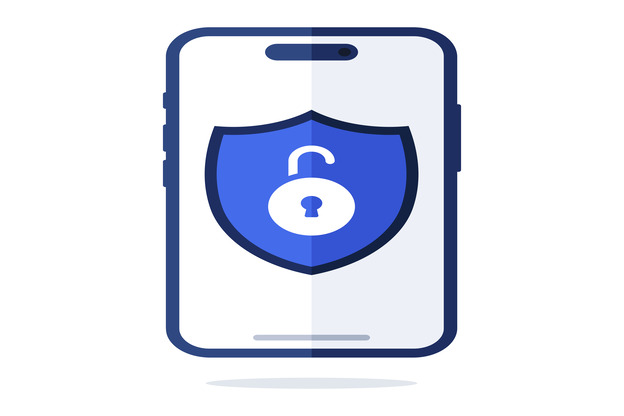
Why Businesses Are Turning to VPNs for Remote Work Security
While remote work has transformed how we approach our work life, it has presented several cybersecurity challenges. You see, data has become the lifeblood of any digital business.
From file sharing to data extraction to cloud collaborations, businesses and companies alike must protect sensitive information from hackers and cybercriminals.
That’s where VPN (Virtual Private Network) comes into play. It’s a secure and cost-effective way for businesses to conduct critical business operations such as cloud collaborations and internal communications.
In this write-up, we will discuss how VPNs help businesses protect their data from cybercriminals and comply with regulations like HIPAA and GDPR.
What is a VPN?
A Virtual Private Network (VPN) is a tool designed to help you create a secure tunnel for your internet traffic. It encrypts your device’s connection and the internet to hide your IP address, allowing you to appear as if you are in a different location than the one you are actually in. This protects your data from being seen by hackers or business competitors.
Understanding the Common Cybersecurity Risks of Remote Work
There’s a need for companies to safeguard their remote workers because cybersecurity risks are growing each day. Some of the common cybersecurity risks facing remote workers are outlined below.
Unsecure Networks
Employees often access company resources from unsecured Wi-Fi networks. As noted earlier, your data in transit may be intercepted by unauthorized third parties, which may lead to malware infections. An excellent example is the Equifax data breach in 2017, a man-in-the-middle attack that exposed the personal information of approximately 148 million people.
Phishing Attacks
In phishing attacks, cybercriminals often impersonate legitimate institutions, where they send you an email to trick you into revealing your company’s confidential information. Phishing falls under the umbrella of social engineering, which involves exploiting psychology to manipulate people into doing things they don’t want to do, such as revealing a company’s confidential information. This is particularly common in remote work setups where teams are lonely and bored.
Lack of Endpoint Security
In this context, endpoints refer to the device that connects to a server or network as a communication point for data exchange. This includes mobile devices and desktop computers used by remote workers.
A compromised endpoint is a recipe for disaster, especially for remote workers who don’t have firewalls and antiviruses installed on their devices. Cybercriminals can use this loophole to gain access to a company’s systems, especially if malware is installed on an employee’s laptop.
Benefits of Using VPN for Remote Work
There’s no doubt that remote work has led to the creation of many opportunities. However, without security, these opportunities are useless. Below are some of the ways VPNs offer the following benefits to remote workers.
Improved Data Security
As a remote worker, you want to ensure data security and privacy to reduce the risks of breaches and cyberattacks. A VPN provides an encrypted tunnel to help you keep sensitive information safe. This means that even if someone intercepts that data, they can’t read it because it’s encrypted.
Safe Access to Company Resources
More often than not, internal company resources such as databases and cloud-based systems are only accessible from within the office network. To avoid unauthorized access, employees can use VPNs to reduce the risks of data breaches. Since VPNs create secure tunnels, they maintain the confidentiality of corporate data.
Improved Remote Work Productivity
Flexibility and convenience are some of the advantages that remote work has brought to our work life. Now, a VPN has ensured that this flexibility is maintained by helping teams securely set up workplaces wherever they are.
Cost-Effective Security for Remote Workers
VPNs save companies the costs of having to invest in robust physical infrastructure for secure access. These tools are ideal for businesses of all sizes.
However, it’s important to note that you should choose a VPN with strong encryption standards, no-logs policy, and multi-device compatibility to ensure you get the job done without cutting corners.
Final Thought
The modern workforce continues to embrace remote work, and it’s high time companies started taking as many precautions as possible. VPNs can help you stay ahead of malware threats that are advancing each day to foster secure and flexible work environments. This includes protecting sensitive data to remain trustworthy and compliant with international regulations such as HIPAA and GDPR.





